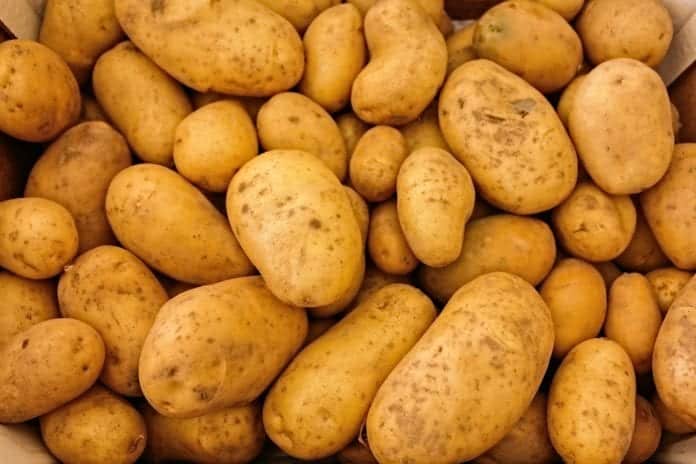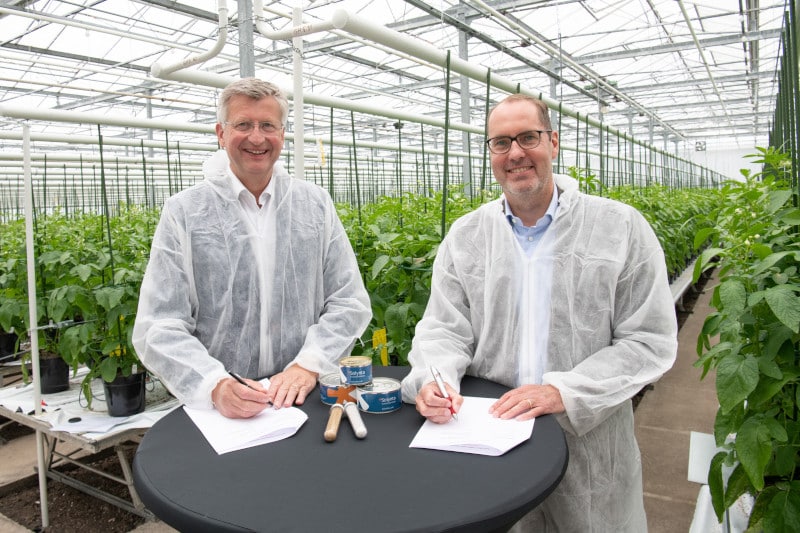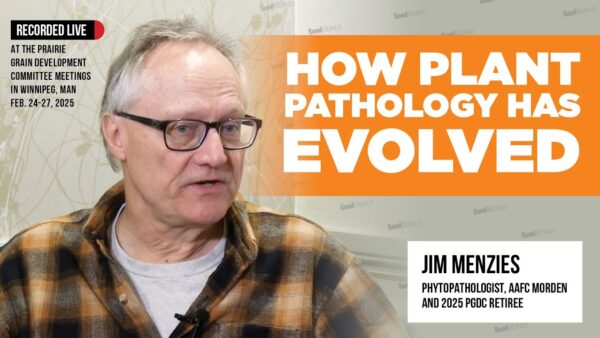Following a long and unusually hot and dry summer, the North-western European Potato Growers (NEPG) are predicting potato production in their region will drop by seven to 11%, a Sept. 9 news release said.
Final potato area in the NEPG zone for 2022 is 510,938 hectares. This marks an increase of 3.2 percent compared to last year, NEPG noted.
“Depending on final growth gains, global production should vary between 20 and 21 million tons,” the release said.
The release noted following the hot, dry summer potato production is reduced throughout the NEPG zone. Situations vary between countries with Belgian and French farmers the most affected, while Dutch growers aren’t as much. NEPG said some farmers won’t be able to deliver their final expected contracts due to low yields.
“Summer 2022 will be recorded as a difficult and a very costly year, either because yields per hectare are low, but also because energy and irrigation costs were much higher.”
Heat waves throughout the summer caused quality and storage issues, the release said. There have been some reports of underwater weights and not enough tuber length, along with lifting of dormancy.
“Even if rain comes to better soil situations and harvesting conditions, bruising could be a problem while lifting. Early germination in storages will also render upcoming storage season difficult and more expensive. Weight losses and wastage levels (due to among other things bruising) will probably be higher.”
In the 2018/19 growing year potatoes were able to be brought in from other parts of Europe such as Poland, but this season NEPG said there won’t be potatoes coming from elsewhere which could cause problems for processors.
Overall, it has been an expensive growing season for NEPG farmers. Contract prices for the 2022/23 season were signed early in the year before the war in Ukraine. Since Russia invaded Ukraine, productions costs have risen dramatically, and current contract prices don’t cover additional costs farmers are facing. NEPG noted rising costs should be shared by the whole potato chain.
NEPG said with the higher production costs and higher risks due to climate change and the war in Ukraine, potato farmers are concerned about what to plant next year.
“With no guarantees from buyers, potato producers could end up deciding to plant or sow more alternative crops.”
Read More:
Out of the Black Box: Festulolium Roots Shine Through Drought Periods
The Business of Private Potato Breeding in Canada
Improvements are Around the Corner for Blight Resistant Potato











